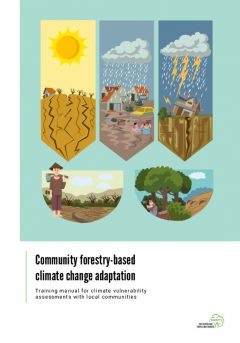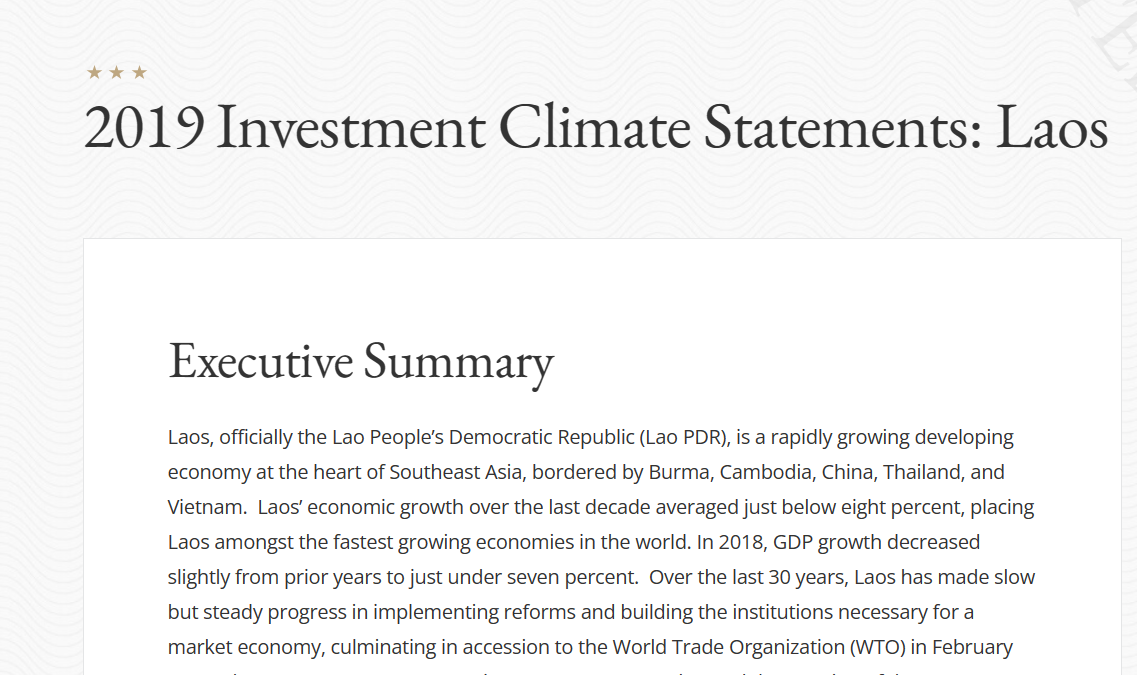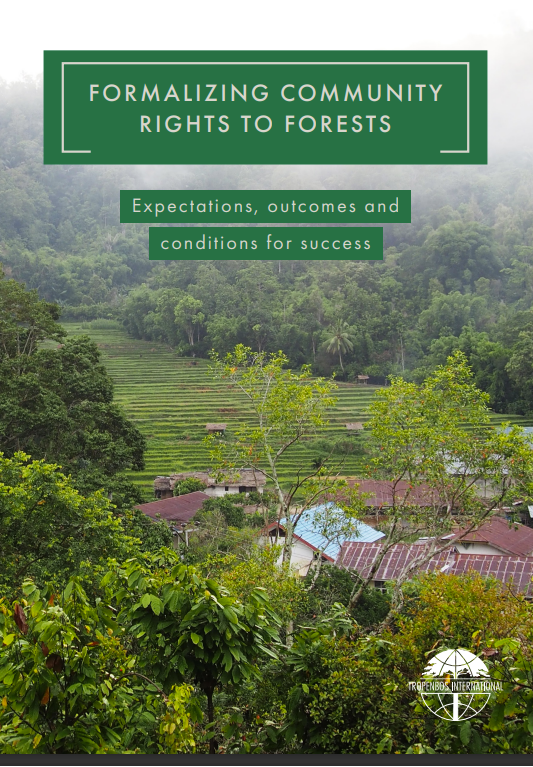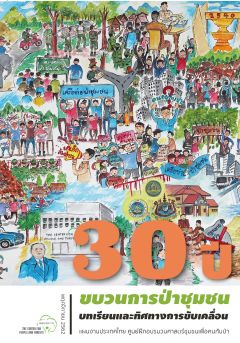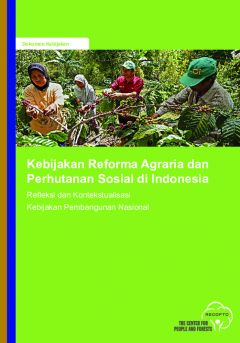Governing sustainable palm oil supply: Disconnects, complementarities, and antagonisms between state regulations and private standards
The global palm oil value chain has grown in complexity; stakeholder relationships and linkages are increasingly shaped by new public and private standards that aim to ameliorate social and environmental costs while harnessing economic gains. Regulatory initiatives in the emerging policy regime complex struggle to resolve sectorâ€wide structural performance issues: pervasive land conflicts, yield differences between companies and smallholders, and carbon emissions arising from deforestation and peatland conversion.



